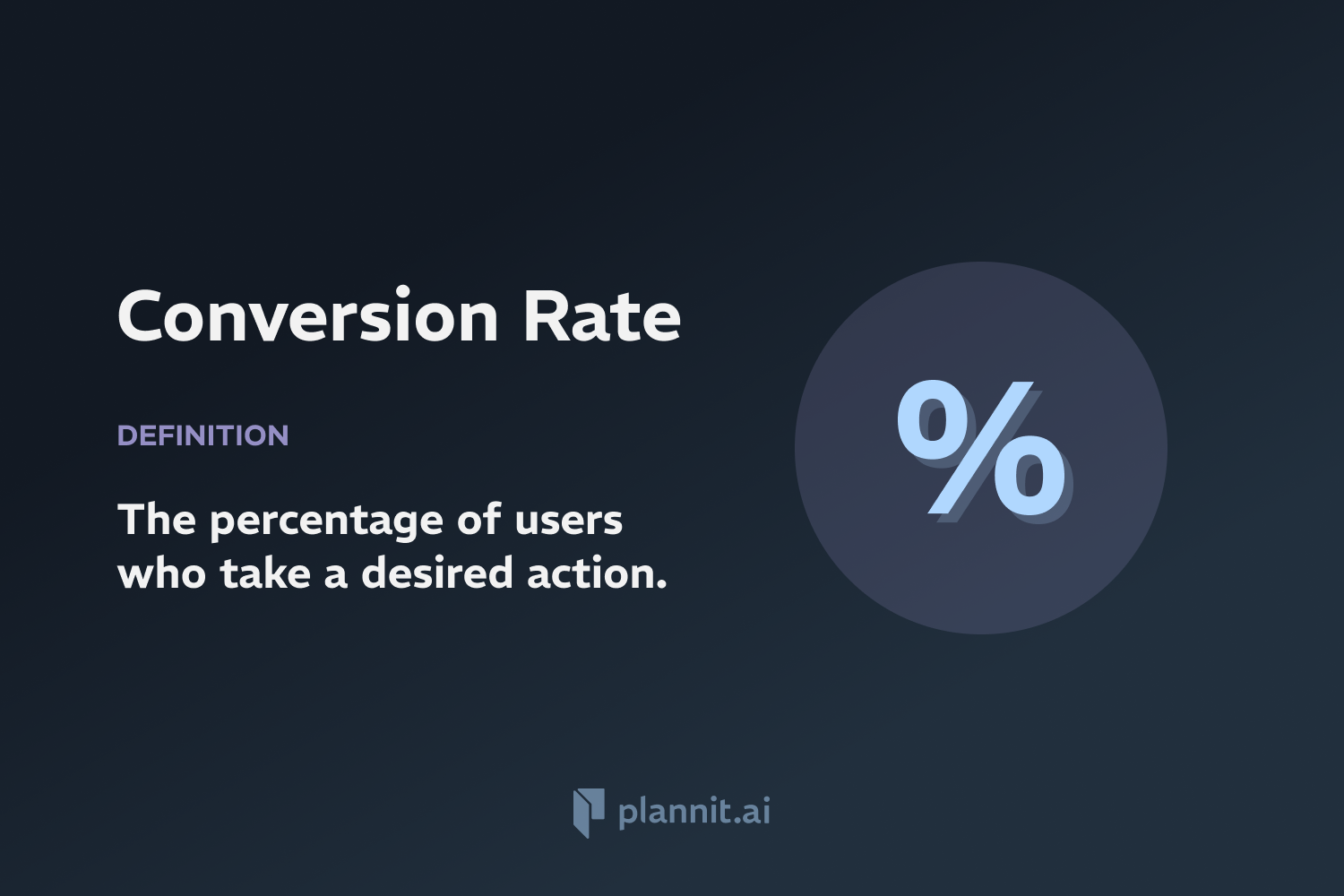Need Help With Your Business Plan?
Answer tailored questions and get a detailed business plan in minutes.
Business Plan: Definition & In-Depth Explanation

Definition:
A business plan is a comprehensive document that outlines a company's goals, the strategy to achieve them, the market in which it operates, the organization’s structure, and the financial projections. It serves as a roadmap for the business, detailing the operational and financial objectives and the steps necessary to achieve them. Business plans are essential for securing funding, guiding management decisions, and ensuring the alignment of business activities with strategic goals.
Context of Use:
Business Plan is used by startups, established businesses, and entrepreneurs to articulate their vision, strategies, and operational plans. They are crucial in attracting investors, obtaining loans, and guiding the internal management of the company.
Purpose:
Understanding a business plan is crucial for developing a detailed framework for the business, facilitating decision-making, securing funding, and monitoring progress. It helps entrepreneurs clarify their business idea, identify potential challenges, and outline strategies for growth and sustainability.
Example:
Startup Funding: A new tech startup may create a business plan to present to venture capitalists, detailing their innovative product, target market, marketing strategy, and financial projections to secure investment.
Expansion Strategy: An established restaurant chain might develop a business plan to outline its expansion into new cities, including market analysis, site selection, marketing plans, and financial forecasts.
Bank Loan Application: A small manufacturing business may draft a business plan to apply for a bank loan, demonstrating their operational efficiency, market demand, and repayment capability through detailed financial statements and projections.
Related Terms:
Executive Summary: A brief section at the beginning of a business plan that summarizes the key points, intended to give readers a quick overview of the business’s objectives and strategies.
Market Analysis: A section of the business plan that examines the industry, market size, trends, target market, and competitive landscape.
Financial Projections: Estimates of future income, expenses, and profitability, often including income statements, cash flow statements, and balance sheets.
Operational Plan: A detailed plan that outlines the day-to-day operations of the business, including production processes, location, equipment, and staffing.
Marketing Strategy: A section of the business plan that describes how the business will attract and retain customers, including pricing, promotion, distribution, and sales strategies.
FAQs:
What is the main purpose of a business plan?
A: The main purpose of a business plan is to outline the business's goals, strategies, and plans for achieving them. It serves as a roadmap for the business, helping to secure funding, guide management decisions, and ensure alignment with strategic objectives.
How detailed should a business plan be?
A: The level of detail in a business plan depends on the business's nature and the audience. For investors or lenders, it should be comprehensive, including detailed financial projections, market analysis, and operational plans. For internal use, it might be more concise, focusing on key strategies and objectives.
What are the essential components of a business plan?
A: Essential components of a business plan include an executive summary, company description, market analysis, organizational structure, product or service line, marketing and sales strategy, funding request, financial projections, and an appendix with supporting documents.
How often should a business plan be updated?
A: A business plan should be updated regularly to reflect changes in the market, industry trends, financial performance, and strategic direction. Many businesses review and revise their plans annually or whenever significant changes occur.
Can a business plan help in managing risks?
A: Yes, a business plan helps in managing risks by identifying potential challenges, assessing their impact, and outlining strategies to mitigate them. It provides a structured approach to risk management, enabling businesses to anticipate and respond to uncertainties more effectively.
Get funding with a business plan that will impress investors.
Starting a New Business?



